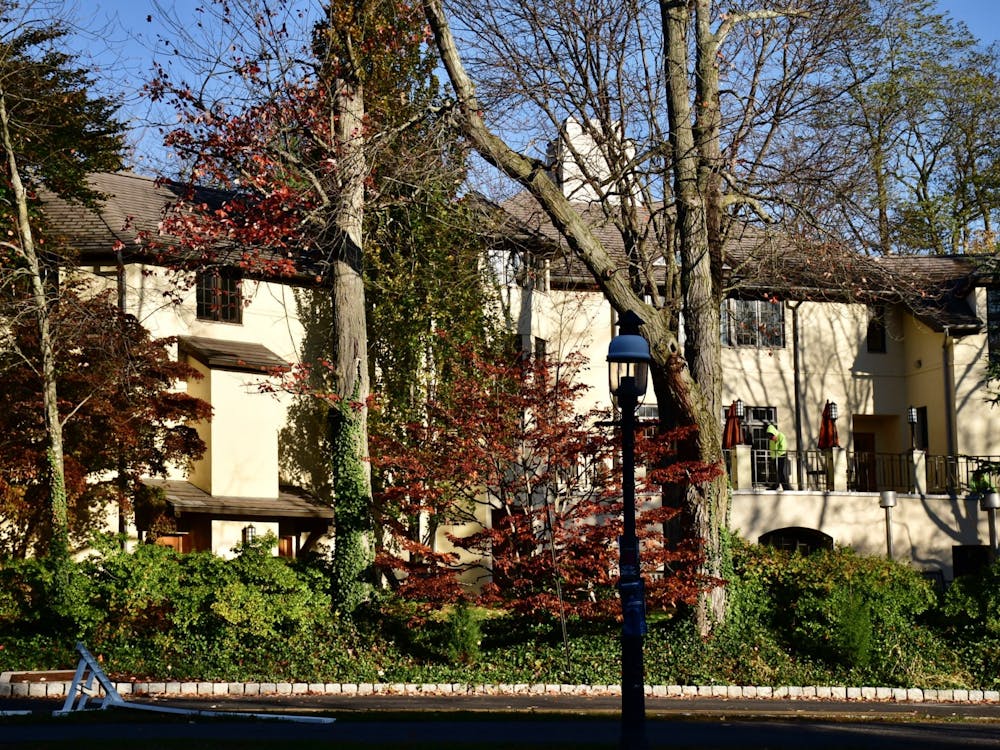But the world is not a giant game of “Monopoly” in which the United States is a player trying to build a hotel on Boardwalk. As anyone who has ever become locked in a family-holiday “Monopoly” marathon knows, the game can start to seem like a waste of time when you realize that your actions for the past several hours have consisted of the randomly determined circular motions of an iron, a shoe and a top hat. Understanding the laws of probability governing the roll of the dice doesn’t make this exercise more fulfilling — and, likewise, understanding the laws of macroeconomics doesn’t make attempts to “win the future” an ideal framework around which to structure the undergraduate education of an individual, much less the life of an entire nation.
Princeton does not require that its undergraduates take courses in any particular department, and so Berger’s call for an economics requirement reads as an assumption that the discipline is more valuable to the world than others. But it is problematic to prioritize economics as a lens through which to view the world. As critics of political economy have been arguing since Adam Smith wrote “The Wealth of Nations,” viewing historical and individual development primarily in terms of the creation, accumulation and transfer of wealth is dehumanizing. It erases from our understanding of the world all the things which differentiate us from computers: our abilities to love, to empathize, to feel happiness and sadness, to make decisions for ourselves and for our families and communities, to organize our actions around a desire to be better people — and “to form a more perfect Union.”
It is for this reason that Princeton’s ideal of a liberal arts education “in the nation’s service and in the service of all nations” does not privilege economics above any other discipline. Students are given a grounding in many analytical methods but not in any one set of assumptions about the values which should guide national and international development. The philosophy of a liberal arts education holds that young people can better serve their nation and all nations if they have four years during which they can develop their critical faculties and their moral compasses and decide for themselves what it means to live a good life. It holds that we are at university to develop our minds and our souls, not our “Monopoly” properties.
I am not unsympathetic to Berger’s desire to ensure that everyone at Princeton has the chance to experience the Princeton class he found most fundamental to his outlook. Sometimes I wish that I could require all my classmates to take ENG 200: Introduction to English Literature: 14th through 18th Century (formerly known as ENG 205), a survey of canonical English literature required for English majors. I’m not an English major, and I was never going to be one. But ENG 205 taught me to read difficult texts carefully with an eye to implied meanings not visible on the surface. Since I took the class, I’ve become attuned not only to the necessity of practicing good close-reading in my own departmental work, but also to the necessity of having good close-readers on the Supreme Court, thinking critically about how a difficult 18th-century document can speak to 21st-century problems. And I’ve become more skeptical about the discourse of wealth and competition which pervades today’s United States, as it did the United States of 1787. I’ve begun to think that it might be more helpful to this nation, and to all nations, if we left Princeton having read Milton’s “Paradise Lost” than if we left Princeton understanding supply and demand.
But, as I have discovered when I try to articulate this view, defending the English literary canon in the age of late-stage capitalism rests on as many a priori assumptions as Berger’s defense of macroeconomics. Our academic departments’ tendency to shut themselves off from each other, and the ease with which it is possible to seek information only from sources which reinforce our preexisting views, mean that we tend to have a hard time understanding each other. To address this, we need to work towards a sociopolitical and educational environment in which reading Milton, or thinking about virtue or writing about the meaning of culture in 19th-century Britain (as I do) is accorded as large a megaphone as the discourse of the “Monopoly” game.
Emily Rutherford is a history major from San Diego, Calif. She can be reached at erutherf@princeton.edu.







